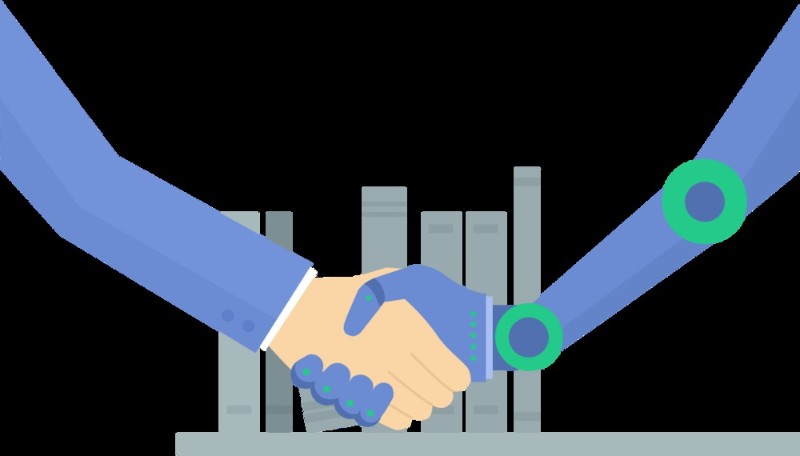
Pagination is the process of dividing a document or piece of content into discrete pages (printed pages or electronic pages). It heavily affects SEO, web development and user experience, and is a powerful navigation technique with lots of pros and cons. It involves the markup language (such as SGML, HTML, and XML), tags the web content semantically, and supports the downstream technologies (for example XSL, CSS, and XSLT). Before the rise of IT (information technology), pagination was a manual process. But today's printed pages are produced by outputting the electronic file to the printing devices, such as desktop printers.
Pros of content pagination:
1. Better user experience
Pagination helps you improve the search engine rankings of your site. For instance, if you have a large number of articles and blog posts, it may not be possible to display all the entries at once. In such circumstances, pagination helps provide small chunks of information to the readers. You can direct your visitors to most interactive articles and thus decrease the site bounce rate to an extent.
2. Loading time and server load
Another main feature of content pagination is that it improves the loading time and reduces the load on a server. It is better to get 10-20 products from a single category than retrieving all products at once. If all of your products and services are displayed at once, the reader might get confused. Thus, pagination helps display only a few elements on a single page and heavily affects the user experience.
3. Advertising revenues
A large number of news websites such as CNN and BBC split their articles into different categories to increase the number of page-views. These sites sell advertising space and want to increase the number of impressions on their web pages. Pagination makes it easy for you to divide your articles into different categories and increases the number of page-views to an extent, helping you to generate revenues.

Cons of the web or content pagination:
1. Poor user experience:
There are chances that over-segmentation will force the users to click on a page several times. Thus, they will get tired and will leave your site instantly. In other words, we can say that content pagination urges users to spend more time on a website to fetch all the information and can leave a bad impression on their minds.
2. Negative effects on SEO
Content pagination can cause serious problems for SEO experts. You might not be able to index your web pages properly and will have issues with your site's loading time. Moreover, content pagination can lead to splitting the anchor text, total number of links, and social media shares. It might also affect your site's bounce rate.
Conclusion:
Web pagination is good for your site but should be used with caution. In some circumstances, it can improve the user experience, but sometimes it can cause problems for your visitors and can reduce the distance of segmented pages from the homepage.




Post a comment